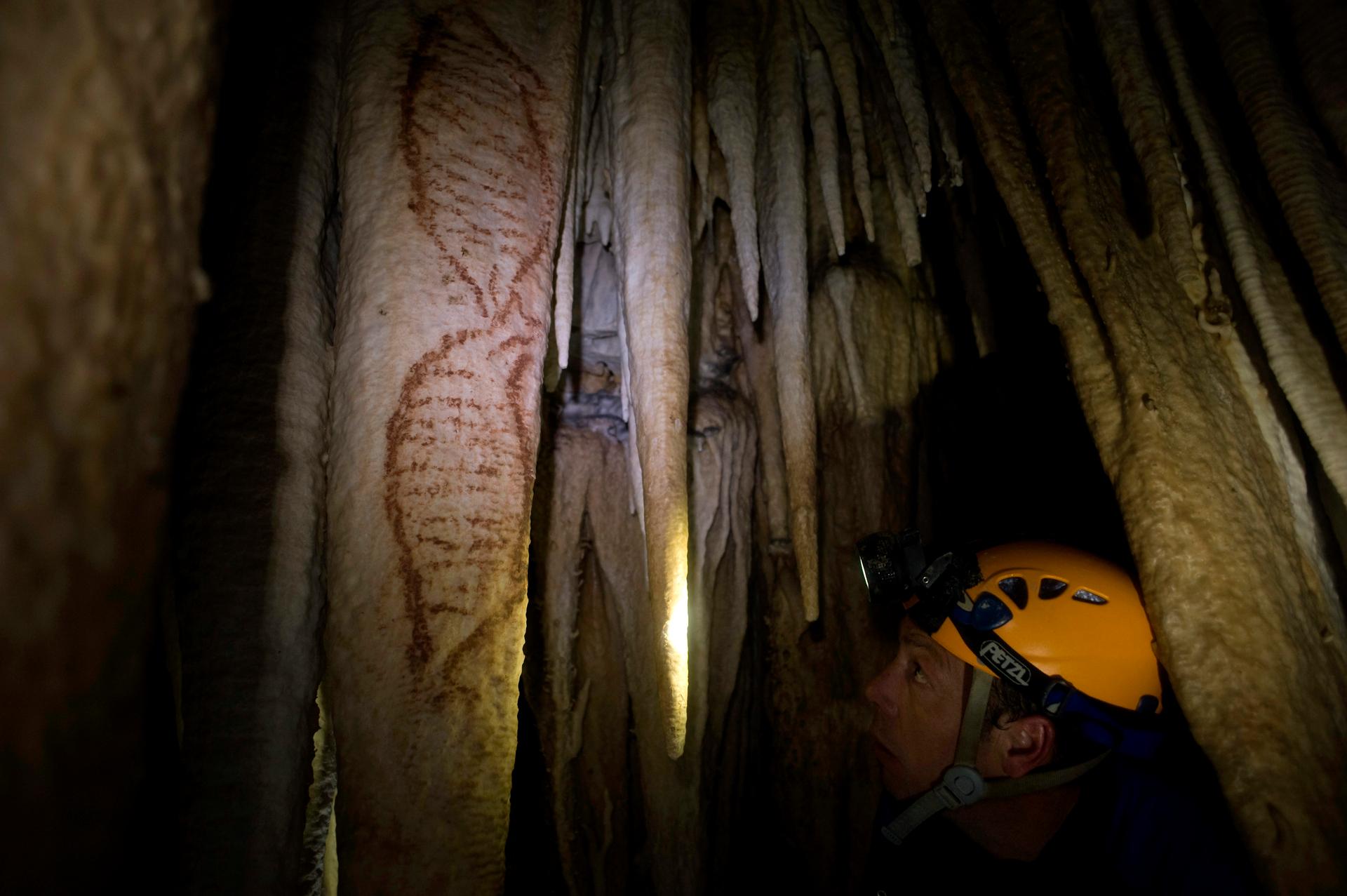Antibiotic resistant bacteria found in four million-year-old cave
An ancient bacteria found in an isolated cave in New Mexico may hold the key to drug resistance.
Researchers said they discovered ancient bacteria resistant to both natural and synthetic antibiotics while investigating a 4-million-year-old cave in New Mexico.
The finding, may have implications for both the understanding of drug resistance and ways of preventing it.
The scientists involved collected 93 strains of bacteria from Lechuguilla cave, approximately 1300 feet deep, and found that all the strains collected were resistant to at least one antibiotic out of the 26 tested with some resistant to up to 14 different types, reported the Los Angeles Times.
The emergence of antibiotic-resistant bacteria has largely been attributed to overconsumption of the drugs by humans and animals.
Yet, given the age and isolation of the cave, said Time, drug resistance may also have other causes.
“Clinical microbiologists have been perplexed for the longest time. When you bring a new antibiotic into the hospital, resistance inevitably appears shortly thereafter, within months to years,” study leader Gerry Wright, a chemical biologist at McMaster University in Ontario, told National Geographic.
“It’s still a big question: Where is this coming from. Almost no one thought to look at other bacteria, the ones that don’t necessarily cause disease.”
The discovery of antibiotic resistant bacteria in an isolated cave is a major advancement in understanding infectious diseases around the world, reported the Canadian Press.
"The actual source of much of this resistance are harmless bacteria that live in the environment," Wright said.
"This has important clinical implications," Wright said, according to UPI. "It suggests that there are far more antibiotics in the environment that could be found and used to treat currently untreatable infections."
